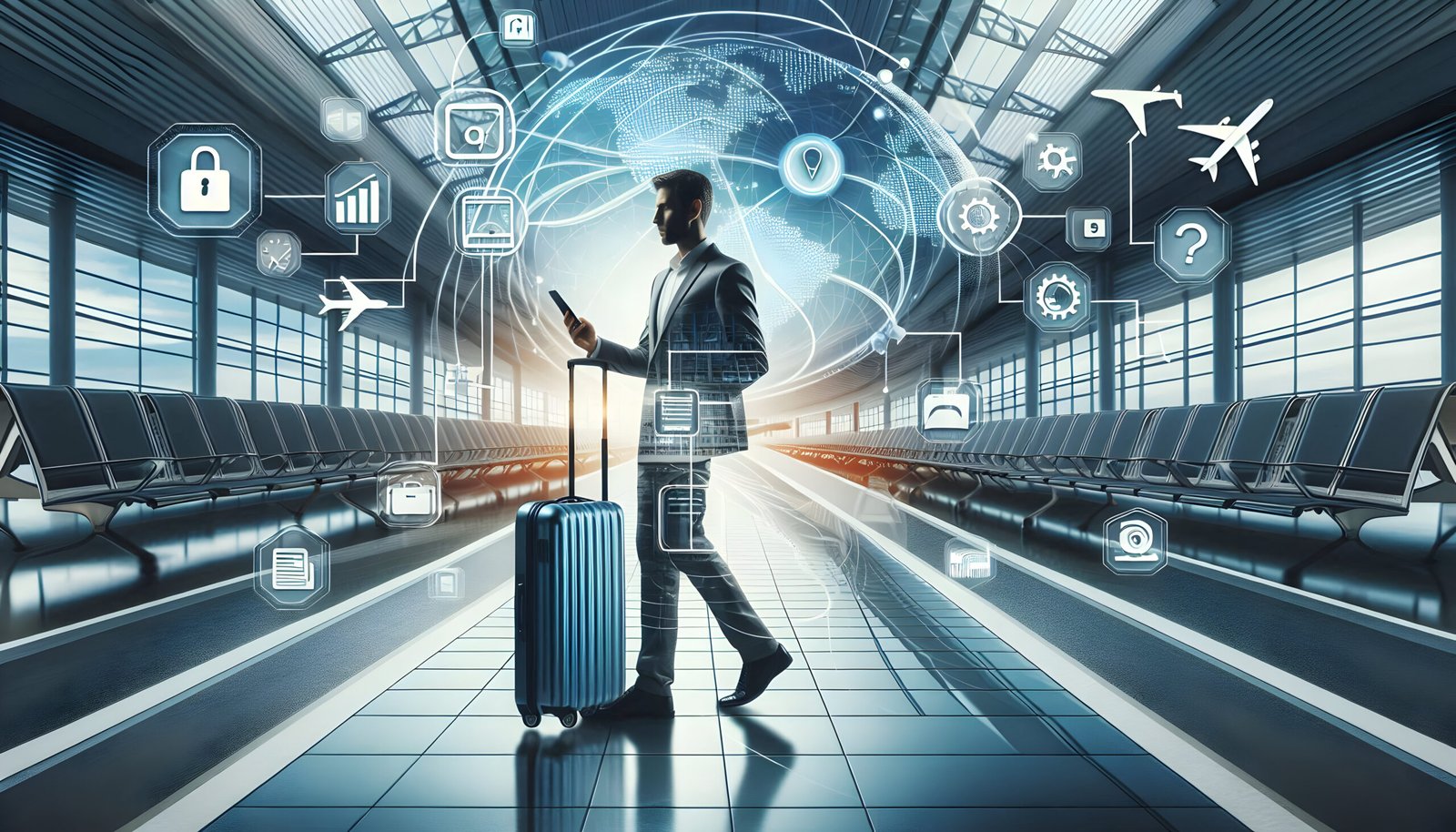For the travel industry, with technology already an integral part of the advanced society, the issues and opportunities are seen in a brand-new level. This shift has changed the way in which travel experiences and plans are managed, prescribed, and shared, thereby reorienting the travel Industry marketing environment. Through the use of the internet, travelers are free from the limitations of geographical spaces and are able to discover, seek and even make informed decisions on destinations. This shift has caused a rethink on marketing as people sought to woo hearts and minds of the new age travelers.
Travel Marketing: Its Evolution
Travel marketing is no longer about using decorated brochures and travel agencies that were prominent in the past. In the present age, people are more inclined towards digital media for research, decision making, and traveling. Social media has increasingly turned out to be a key intermediaries, whereby potential travelers are able to get a vicarious exposure to travel related information in form of pictures and narratives from other travelers or travel enthusiasts. As a result, social media channels, especially with an emphasis on photos, such as Instagram, have become an online guide to traveling, suggesting new directions and experiences.
In addition, increased competition from distribution players such as, OTAs and aggregators has made researching and organizing travel much easier. You get all the information and reviews you need along with cheaper prices and you or the traveller just have to click a button, this makes it paramount for travel marketers to ensure that they claim their space online.
How to Tell a Story Through Travel Marketing ?
With the help of social media, storytelling has become an almost perfect marketing strategy for travel companies focused on building an emotional connection with customers. Staging successfully does not mean simply presenting places; it means provoking a response, puzzling the viewer, and making them want to travel. Through storytelling, travel marketers can develop appropriate stories that inspire their target audience and provide them with memorable experiences that are not simply based on mere buying and selling.
For example, travel brands might use user-generated content to share reviews and entertain specific audiences, helping potential travelers to get conscious, real-life experiences. This is the reason travel influencers and content creators, who share the same agendas as the company, can also extend their networks and, therefore, credibility: followers are interested in the content that reflects their dreams and goals.
The Relation Between Personality and Customer Journey
With the era of digitization, customers have come to expect tailored communication, and this has become a staple in most industries including traveling. Through data analysis and the use of AI, it is possible to optimize the approach of travel marketers to the clients by understanding what their needs are, and what they are willing to buy. This is helpful in that it allows them to provide recommendations and services that specifically reflect what the client wants and needs in terms of a vacation.
This starts from localized travel itineraries and inserts that incorporate customer behaviour to precise marketing messages that are more encompassing, the effect of customization on the customer journey and the loyalty it builds cannot be overemphasized. Travel brands must want to know their audience and understand what they are ready to perceive at every stage in their journey so as to offer them perfect experiences at every turn.
The various developments in technology have helped in the transformation of travel experience and hence helped to create a new market place for marketing. Virtual tours and new-generative technologies such as virtual reality and augmented reality are the tools that help travelers navigate the destination, accommodations, and activities without leaving their homes.
Future Of Travel Marketing
Looking to the future, the vision of travel marketing is built around its ability to evolve and communicate the necessity of change, usage of digital platforms and focus on storytelling and individual approach. Through data, AI and VR, travel marketers can build engaging stories that people care about, crave for and respond to on multiple digital touch points.
In addition, because travelers start to pay attention more and more to the sustainable and ethical approach to traveling, travel brands and companies need to stay ahead of the game and become role models of responsible tourism, as well as to make genuine connections between themselves and eco-minded travelers.
Read Also: The Rise of Taxi Travel Apps: Revolutionizing Urban Transportation
The Conclusion
Summing up, it can be stated that the globalization and digital environment have brought numerous changes and challenges to the travel marketers, yet simultaneously opened the wide range of opportunities to reach the target consumers. This means that if travel brands are to effectively market for today and beyond’s consumers, they should embrace innovation, the power of storytelling, and, in particular, consumer-centric and sustainable approaches.
Read Also: Savoring Madrid: How the City’s Restaurants Enhance Your Travel Experience
